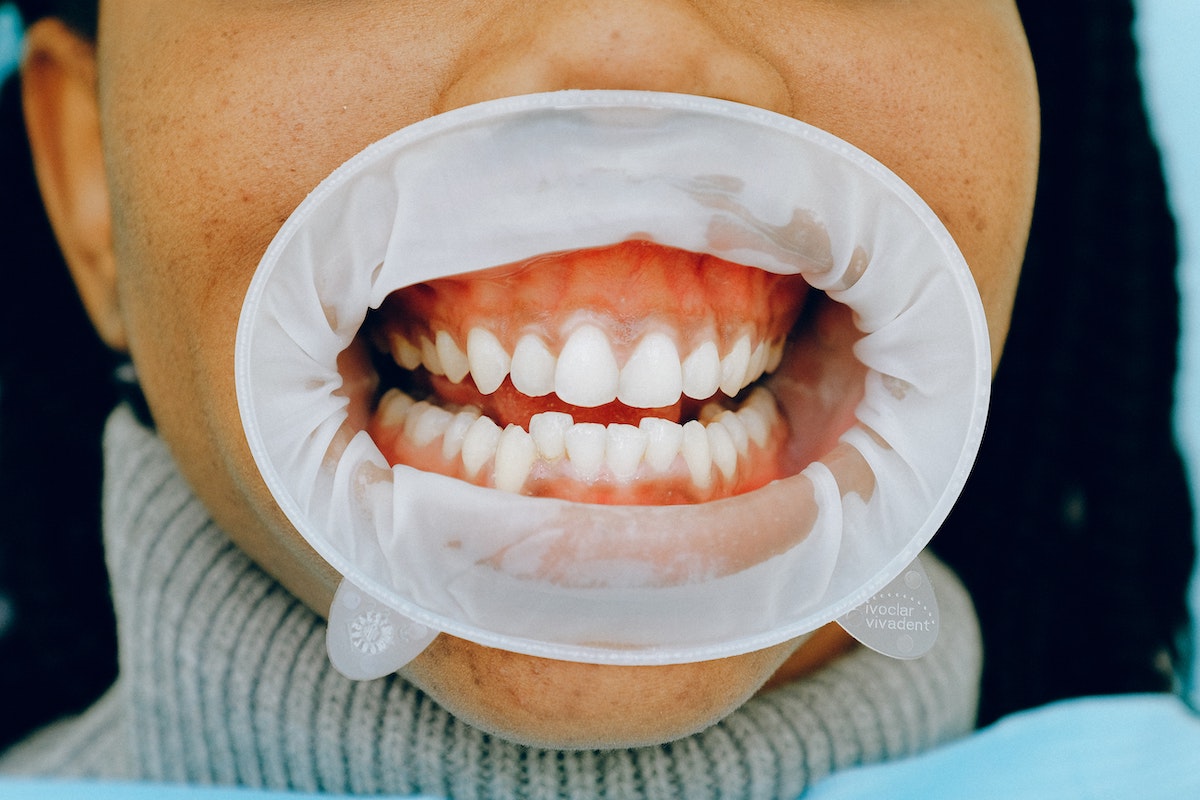10 Gums Bleed Fixes For Healthier Teeth

Bleeding gums can be a stressful and painful experience, often signaling underlying oral health issues that need attention. It’s essential to address this problem promptly to prevent further complications, such as periodontitis or even tooth loss. Fortunately, there are several effective fixes and preventative measures you can take to improve your gum health and achieve a healthier, more confident smile.
Understanding Bleeding Gums
Before diving into the solutions, it’s crucial to understand why your gums might be bleeding. This symptom is often associated with poor dental hygiene, leading to plaque buildup and inflammation of the gums, known as gingivitis. However, bleeding gums can also be a sign of more severe conditions or other health issues, such as diabetes, vitamin deficiencies, or the use of certain medications. Therefore, if you’re experiencing persistent gum bleeding, it’s vital to consult with a healthcare professional for a proper diagnosis.
1. Improve Your Brushing Technique
One of the most straightforward fixes for bleeding gums is to ensure you’re brushing your teeth correctly. This involves using a soft-bristled toothbrush and a fluoride toothpaste, brushing your teeth at least twice a day, and paying special attention to the gum line. It’s also important to avoid using too much force, which can further irritate the gums.
2. Incorporate Flossing into Your Routine
Flossing is a critical component of oral hygiene that helps remove food particles and plaque from between your teeth and under your gum line, areas a toothbrush can’t reach. By flossing daily, you can significantly reduce gum inflammation and bleeding.
3. Use an Interdental Brush
For spaces between your teeth that are too tight for flossing, consider using an interdental brush. These small, cone-shaped brushes are designed to clean between teeth and can be very effective in reducing plaque and preventing gum disease.
4. Rinse with Salt Water
Rinsing your mouth with warm salt water several times a day can help reduce swelling, kill bacteria, and promote healing. To make a saltwater rinse, mix 1 teaspoon of salt with 8 ounces of warm water.
5. Use a Desensitizing Toothpaste
If your gums are bleeding due to sensitivity, switching to a desensitizing toothpaste can provide relief. These toothpastes contain ingredients that help block the dentin tubules in your teeth, reducing sensitivity and associated gum irritation.
6. Maintain a Balanced Diet
A diet rich in vitamins and minerals, particularly vitamin C, which is known for its anti-inflammatory properties, can help strengthen your gums and prevent bleeding. Foods high in sugar and acid should be consumed in moderation, as they can contribute to tooth decay and gum disease.
7. Stay Hydrated
Drinking plenty of water helps keep your mouth moist, which can prevent the buildup of bacteria and reduce the risk of gum disease. Aim for at least eight glasses of water a day.
8. Consider Oil Pulling
Oil pulling, an ancient Ayurvedic practice, involves swishing oil (such as coconut oil) around in your mouth to reduce bacteria and plaque. While more research is needed to confirm its effectiveness in preventing gum disease, some proponents claim it can help reduce gum inflammation and bleeding.
9. Utilize a Waterpik
A Waterpik, or oral irrigator, can be a powerful tool in your oral hygiene arsenal, especially for removing plaque and debris from areas that are hard to reach with traditional brushing and flossing. It can be particularly helpful for individuals with sensitive gums or those who have trouble flossing.
10. Regular Dental Check-Ups
Perhaps the most critical step in maintaining healthy gums and preventing disease is visiting your dentist regularly. Professional cleanings can remove plaque and tartar that brushing and flossing miss, and your dentist can identify early signs of gum disease, providing treatment before the condition progresses.
Conclusion
Bleeding gums are a common issue that can often be resolved with proper care and attention. By implementing these fixes and making them a part of your daily routine, you can significantly reduce gum bleeding and work towards a healthier, more resilient smile. Remember, prevention and early intervention are key, so don’t hesitate to reach out to a dental professional if you’re concerned about your oral health.
What are the primary causes of bleeding gums?
+The primary causes of bleeding gums include poor dental hygiene leading to plaque buildup and gingivitis, vitamin deficiencies, diabetes, and the use of certain medications. It’s essential to identify the underlying cause to apply the appropriate fix.
How often should I visit my dentist if I have bleeding gums?
+If you’re experiencing bleeding gums, it’s advisable to visit your dentist more frequently than the standard recommendation. Typically, this means scheduling an appointment every 3 to 4 months for professional cleanings and check-ups until your gum health improves.
Can bleeding gums be a sign of a more serious health issue?
+Yes, bleeding gums can be indicative of more serious health issues such as diabetes, heart disease, or respiratory infections. It’s crucial to consult with a healthcare professional to determine the underlying cause of your bleeding gums.